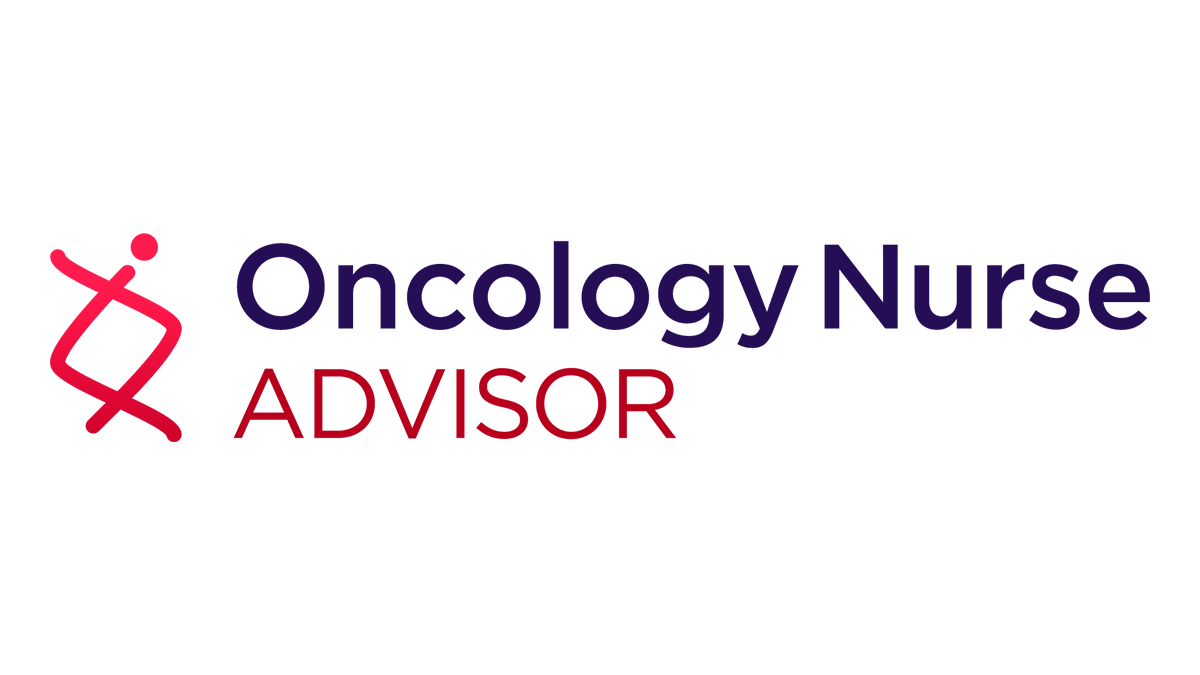
Digital Intervention Improved QOL, Coping Skills in Caregivers of Recipients of HSCT
A psychological digital health intervention application resulted in improvement in terms of quality of life (QOL), reduced psychological distress, and increased coping skills among caregivers of recipients of hematopoietic stem cell transplantation (HSCT). These findings were presented at the 2025 ASCO Annual Meeting.
Studies show that caregivers of patients undergoing HSCT experience a reduced QOL and increased psychological stress before, during, and after the procedure. Many caregivers act on an informal basis and are friends or relatives of the patient.
Aside from the patients undergoing the procedure, caregivers themselves deserve comprehensive support. Jamie Jacobs, PhD, of the Department of Psychiatry at the Harvard Medical School in Boston, Massachusetts, presented a study her team conducted to assess the use of a self-guided digital application known as the BMT-CARE app to help caregivers better cope with this challenging period of time.
In this study, eligible caregivers were randomly assigned in a 1:1 ratio to receive usual care or use the BMT-CARE app. Participants assigned to usual care group met once with a social worker. Participants assigned to the app group received a loaner iPad to use before the HSCT procedure and for up to 60 days after.
The app integrated psychoeducation, stress management techniques, and evidence-based behavioral change strategies delivered through games, videos, and interactive content. Participants were asked to complete 5 required and 1 optional app module. They were also required to complete self-reported measures at baseline and again at 60 days post-HSCT.
“
The BMT-CARE app may be an important accessible and scalable tool to support caregivers in the context of mental health care shortages.
A total of 125 caregivers were enrolled in this study; 63 received usual care and 62 used the BMT-CARE app. Engagement was high, with app users interacting with the app for a mean of 133.2 minutes. System usability scale rate was 82.5 (range, 40-100).
At 60 days after HSCT, app users reported significantly better QOL (76.3 vs 69.9; P =.007); lower caregiver burden (11.2 vs 12.3; P =.023), depression, and symptoms of post-traumatic stress disorder (PTSD; 26.1 vs 31.3; P =.012); as well as better coping techniques (33.9 vs 28.2; P =.0002) compared with the usual care group, respectively. However, anxiety symptoms (6.6 vs 6.9; P =.689) and self-efficacy parameters (146.7 vs 140.4; P =.174) did not differ significantly between the 2 study arms.
“The BMT-CARE app may be an important accessible and scalable tool to support caregivers in the context of mental health care shortages,” stated Dr Jacobs in her conclusions.
Disclosure: Some study authors declared affiliations with biotech, pharmaceutical, or device companies. Please see the original reference for a full list of authors’ disclosures.

